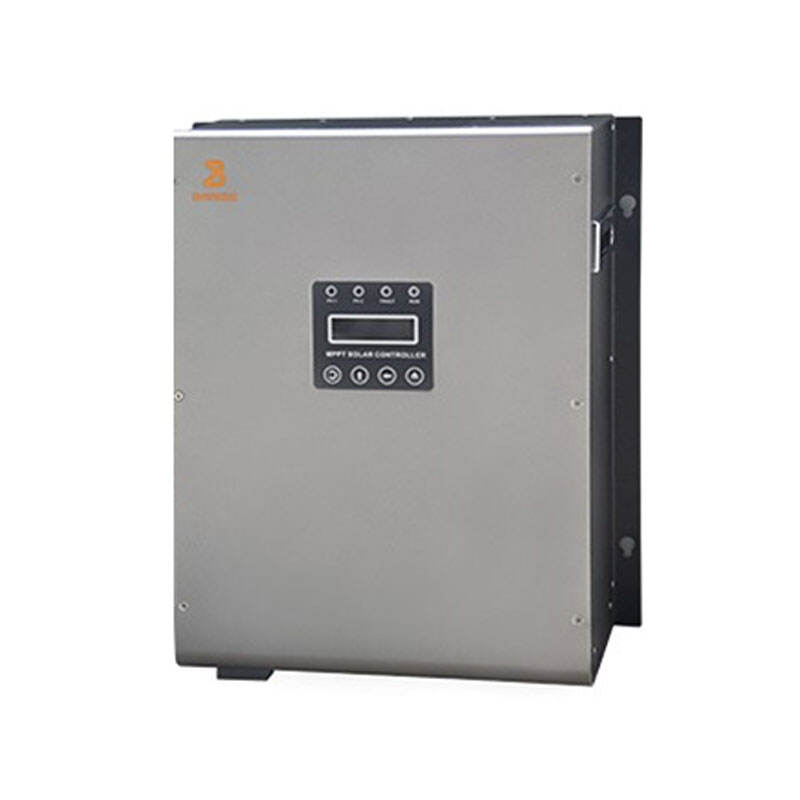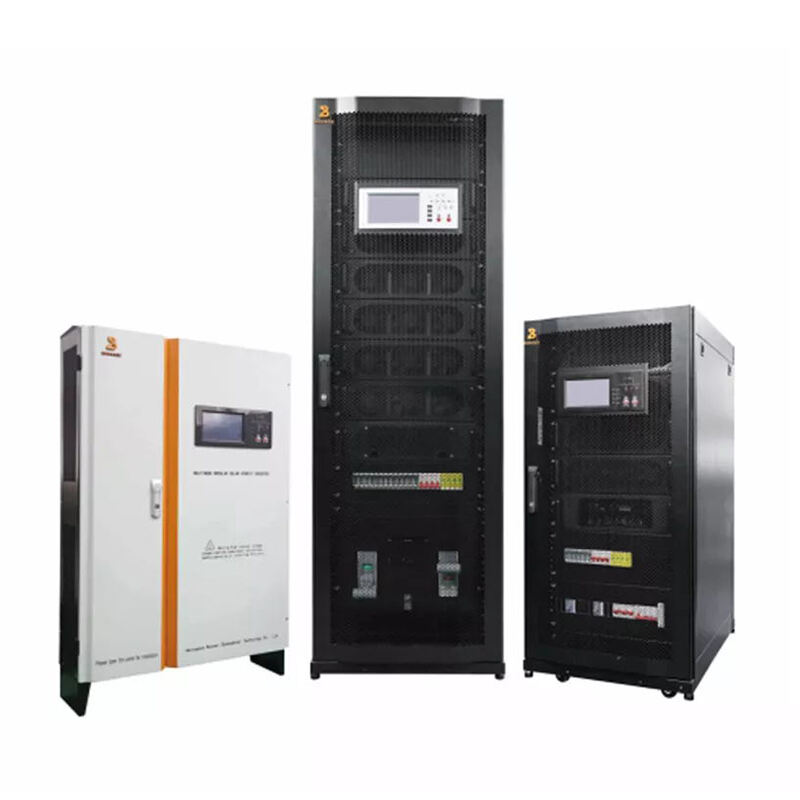Discover UPS power systems and their functionality. Learn how they provide an uninterrupted power supply.
An uninterrupted power supply is essential for organizations and individuals in today's technology-driven environment. Power outages and fluctuations can bring on data loss, equipment damage, and operational interruptions. Uninterruptible Power Supply (UPS) solutions have proven crucial to reducing these hazards. We shall discuss UPS power systems and how they operate in this PR, including details on their significance and operation.
What UPS Power Systems:
UPS stands for Uninterruptible Power Supply. In the case of a power loss or disturbance, it is an electrical device that supplies backup power to linked devices or systems. UPS power systems serve as a buffer between the main power source and the devices to provide a smooth transition from utility power to backup during outages.
How Does a UPS Power System Work?
Power Conditioning:
UPS systems employ power conditioning techniques to regulate and stabilize the incoming power supply. They filter out electrical noise, voltage spikes, and frequency variations, ensuring a clean and stable output. This power conditioning feature helps protect connected devices from potential damage caused by poor-quality power.
Battery Backup:
The battery is the main part of a UPS power system. When the main power supply is disturbed, the battery is a backup power source by supplying electricity to connected devices. While utility power is present, the UPS continuously charges the battery to make sure it is prepared to supply backup power when required.
Automatic Voltage Regulation (AVR):
UPS power supply often incorporates Automatic Voltage Regulation (AVR) technology. AVR helps stabilize the voltage levels by adjusting the incoming voltage to a suitable range during both overvoltage and Undervoltage conditions. This feature is particularly beneficial in areas with inconsistent or poor-quality power supply.
FAQ
Q1. Why do I need a UPS power system?
A. A UPS power system must provide an uninterrupted power source for delicate electronic equipment. Data loss, equipment damage, and downtime are less likely because of the protection it provides against power outages, voltage fluctuations, and electrical disturbances. It offers a safety net for crucial processes involving servers, network hardware, and medical equipment.
Q2. What types of UPS systems are available?
A. There are several types of UPS systems, including offline/standby UPS, line-interactive UPS, and online/double-conversion UPS. Each type offers different levels of protection and features. Evaluating your power requirements and choosing the UPS system that best suits your specific needs is essential.
Q3. Can a UPS protect against power surges and spikes?
A. UPS systems have surge protection features that guard against power surges, spikes, and other electrical anomalies. They help safeguard connected devices from damage caused by voltage fluctuations and transient events.
Conclusion:
A UPS power system is critical for ensuring uninterrupted power supply in today's technology-dependent world. UPS systems protect against power outages, fluctuations, and electrical disturbances by providing power conditioning, battery backup, and automatic voltage regulation. Investing in a reliable UPS power system can safeguard your sensitive electronic devices, minimize downtime, and protect against data loss. Consider your power requirements and choose a UPS system that best suits your needs to ensure uninterrupted power protection. Choose from a wide range of reliable and high-quality UPS manufacturers for your power backup needs. Explore the options today!
Contact Us
Email: [email protected]
Phone no: +86 15999937768
location: 1st to 8th floor, building 4, zhangcha first road, chancheng district, foshan city, guangdong province, China






Comments